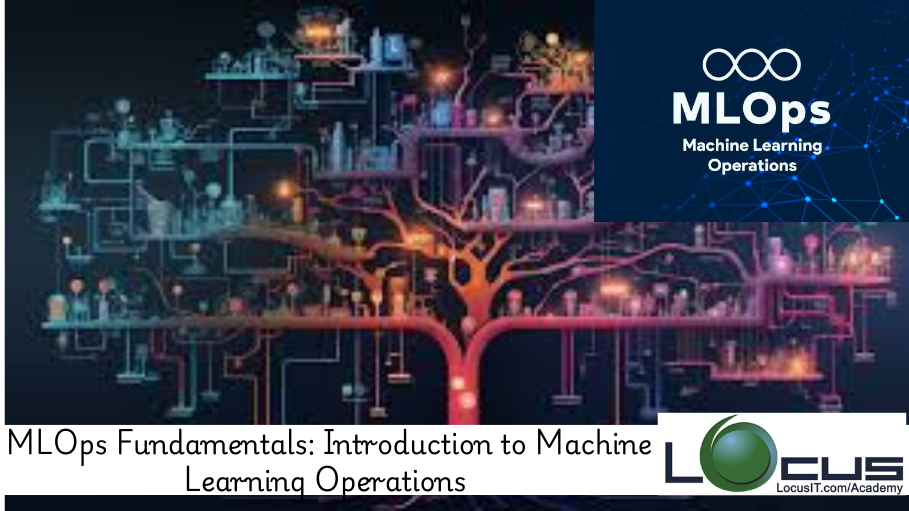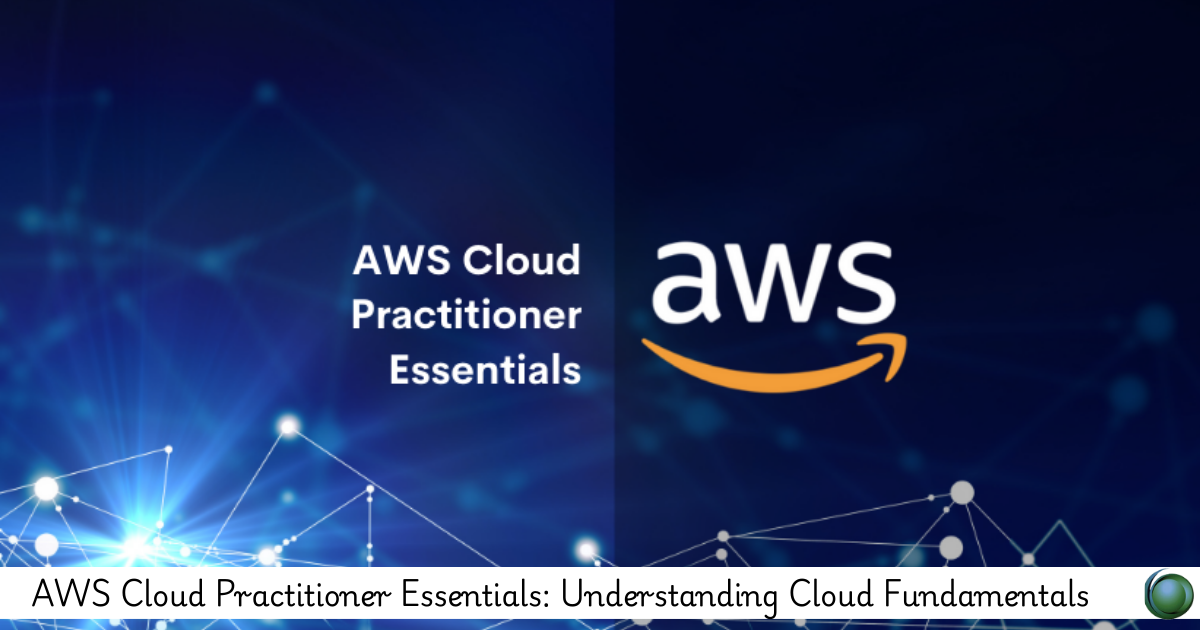Description
Introduction
Machine Learning Operations (MLOps) is a critical practice that bridges the gap between machine learning (ML) model development and deployment, ensuring efficient workflows and continuous delivery. Combining principles from DevOps, data engineering, and machine learning, MLOps enables teams to build, deploy, monitor, and update ML models at scale. This course introduces the foundational concepts, tools, and best practices of MLOps, preparing you to manage end-to-end ML workflows effectively.
Prerequisites
- Basic understanding of machine learning and model building.
- Familiarity with Python and common ML libraries (e.g., TensorFlow, PyTorch, Scikit-learn).
- Basic knowledge of DevOps concepts such as CI/CD and containerization.
- Understanding of cloud platforms (e.g., AWS, Azure, or GCP) is helpful but not mandatory.
Table of Contents
- Introduction to MLOps
1.1 What is MLOps?
1.2 Importance of MLOps in Modern AI Systems
1.3 Key Components of MLOps Pipelines
1.4 Challenges in Managing Machine Learning Workflows - Core Principles of MLOps
2.1 Automation in ML Workflows
2.2 Continuous Integration (CI) and Continuous Deployment (CD) for ML
2.3 Collaboration Between Data Scientists, Engineers, and Operations Teams
2.4 Monitoring, Logging, and Feedback Loops in MLOps - MLOps Architecture
3.1 Key Components of an MLOps System
3.2 Data Pipeline Management: Collecting, Processing, and Storing Data
3.3 Model Pipeline Management: Training, Validation, and Deployment
3.4 Infrastructure Requirements for MLOps: On-Premises vs. Cloud - Tools and Technologies in MLOps
4.1 Version Control for Data and Models: DVC, MLflow
4.2 Continuous Integration/Deployment Tools: Jenkins, GitHub Actions
4.3 Containerization and
4.4 Monitoring and Logging Tools: Prometheus, Grafana, and ELK Stack
4.5 Model Serving Frameworks: TensorFlow Serving, TorchServe, FastAPI - Data Management in MLOps
5.1 Managing Data Pipelines: ETL and Data Transformation
5.2 Data Versioning and Lineage Tracking
5.3 Handling Data Drift and Data Quality Issues
5.4 Case Study: Building Robust Data Pipelines for Real-time Applications - Model Training and Validation
6.1 Automating Model Training Pipelines
6.2 Hyperparameter Tuning and Experiment Tracking
6.3 Validating Model Performance: Metrics and Benchmarks
6.4 Addressing Overfitting and Underfitting During Model Development - Deployment Strategies in MLOps
7.1 Approaches to Model Deployment: Batch vs. Real-time Inference
7.2 Rolling, Blue-Green, and Canary Deployments for ML Models
7.3 Building Scalable Model APIs with REST and gRPC
7.4 Deploying Models on Cloud Platforms (AWS Sagemaker, Azure ML, GCP AI Platform) - Monitoring and Maintenance
8.1 Monitoring Model Performance in Production: Drift and Decay Detection
8.2 Automated Alerts and Thresholds for Anomalies
8.3 Implementing Retraining Pipelines for Continuous Improvement
8.4 Case Study: Monitoring an ML Model in a Production System - Security and Governance in MLOps
9.1 Ensuring Data Security and Compliance in MLOps Pipelines
9.2 Access Control and Audit Logging for ML Workflows
9.3 Addressing Ethical and Legal Considerations in AI Systems
9.4 Strategies for Bias Mitigation and Explainability - Best Practices of Machine Learning Operations Fundamentals
10.1 Building Reproducible Pipelines: Ensuring Consistency Across Environments
10.2 Collaboration Between Data Scientists and Engineers
10.3 Leveraging Pre-trained Models and Transfer Learning in Pipelines
10.4 Managing Costs and Optimizing Resource Usage - Hands-on Labs and Projects of Machine Learning Operations Fundamentals
11.1 Setting Up an MLOps Pipeline Using MLflow and Docker
11.2 Automating Model Deployment with CI/CD Tools
11.3 Monitoring Model Performance with Prometheus and Grafana
11.4 Final Capstone Project: End-to-End MLOps Implementation
Conclusion
MLOps is vital for scaling machine learning workflows, ensuring seamless integration between development and production. By understanding its principles and leveraging modern tools, you can optimize ML operations for reliability, scalability, and efficiency. This course equips you to build robust MLOps pipelines, enabling you to deploy and maintain ML systems that deliver real-world impact.







Reviews
There are no reviews yet.